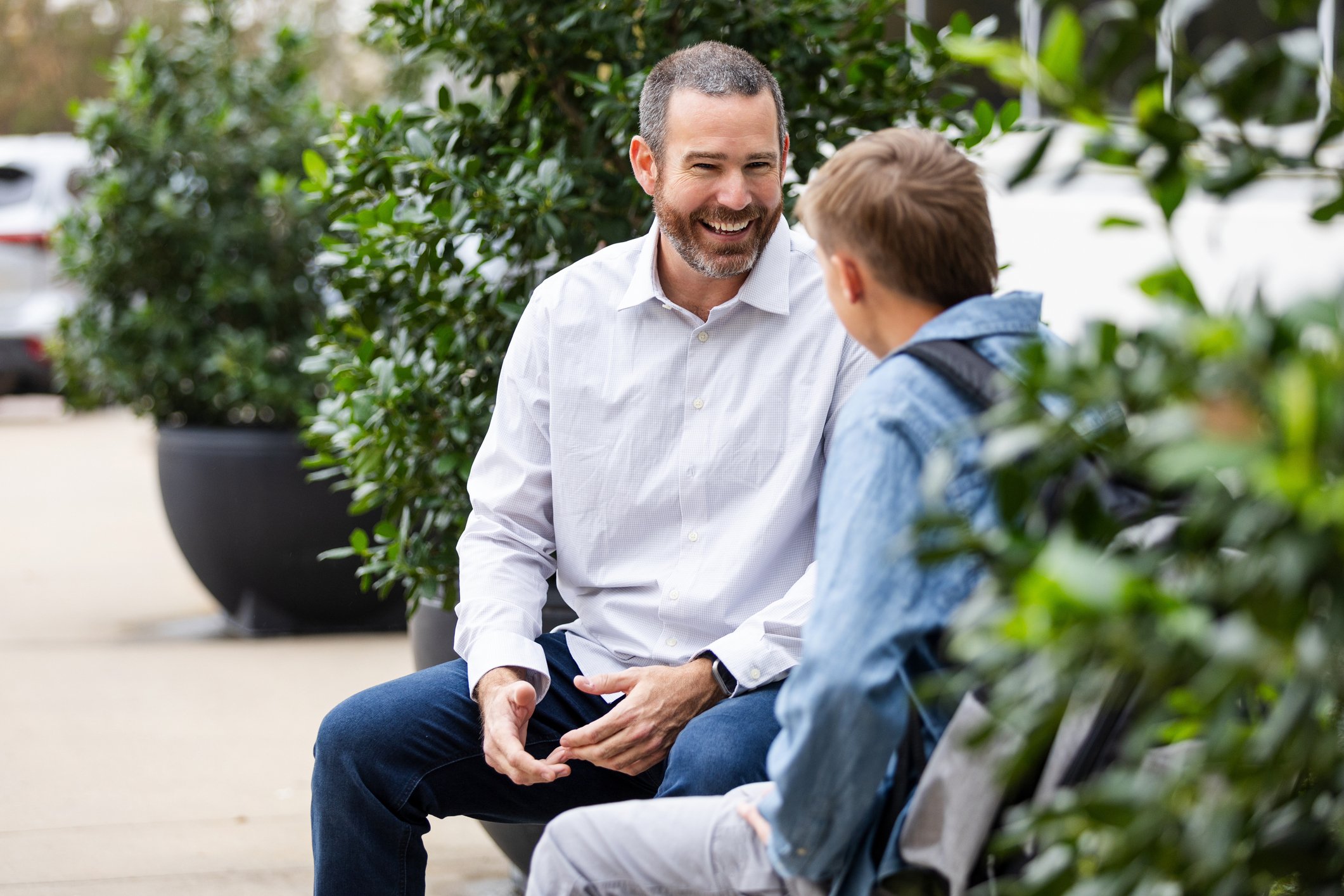
Mentoring
Mentoring is …
Mentoring refers to a supportive, guiding relationship between an experienced adult (the mentor) and a young person (the mentee) aimed at promoting positive mental, emotional and social wellbeing.
This relationship provides a safe space for the young person to discuss their challenges, build coping strategies and develop healthier perspectives and behaviours.
Mentors can offer advice, encouragement and guidance to help the young person navigate difficult life situations, manage stress and build resilience.
Mentoring is not about providing therapy or clinical care, but offers a listening ear, a supportive presence and a positive role model.
How can mentoring help?
Mentors can help a young person practice social skills, manage anxiety in open spaces and gain confidence in navigating real-world situations where mental health challenges may arise.
Mentoring is a collaborative and individualised approach where the mentor and mentee work together to establish clear, realistic goals that meet the needs of the young person during their time together.
What will happen?
Once the referral has been received via the Headspace website, one of our team will be in touch to discuss how we can help and will send information about what to expect next.
Where and when does it take place?
Our staff and volunteers work 1:1 with young people in the local community.
This may involve visits to cafés or other informal settings. Meeting in more relaxed, natural environments like outdoor spaces or cafés can have several benefits by helping to reduce the pressure or anxiety that some young people may feel in more formal settings such as schools or a counselling room.
Sessions are usually once a week and last 1 hour.
Who will know what is said in a session?
Mentoring offers a private space where a mentor listens to the concerns of a young person and that young person's needs are at the centre of what we do.
Although we offer confidential mentoring, there may be times where we have to break this of the mentor feels that the young person is at risk of significant harm.
For example, confidentiality would be broken if someone disclosed information about:
Serious harm to self or others, criminal activity, involvement with terrorism, drug trafficking, or physical, sexual or emotional abuse.
Outcomes might be: Informing parents or guardians or a trusted adult, telling the school, the Headspace Safeguarding team, Social Services, a GP or another agency.
Can parents talk to the mentor?
Yes, of course they can. If they have a question about a young person’s mentoring, or need to agree arrangements such as pick-up and drop-off times, our mentors are happy to have contact with parents.
However, the focus of the relationship will always remain between the mentor and mentee.
Who can refer?
Anyone can!
A parent can make a referral for their child or a young person can refer themselves. If they are at secondary school and competent at making good decisions they can put themselves forward for mentoring without parental consent. This is known as being Gillick competent.








